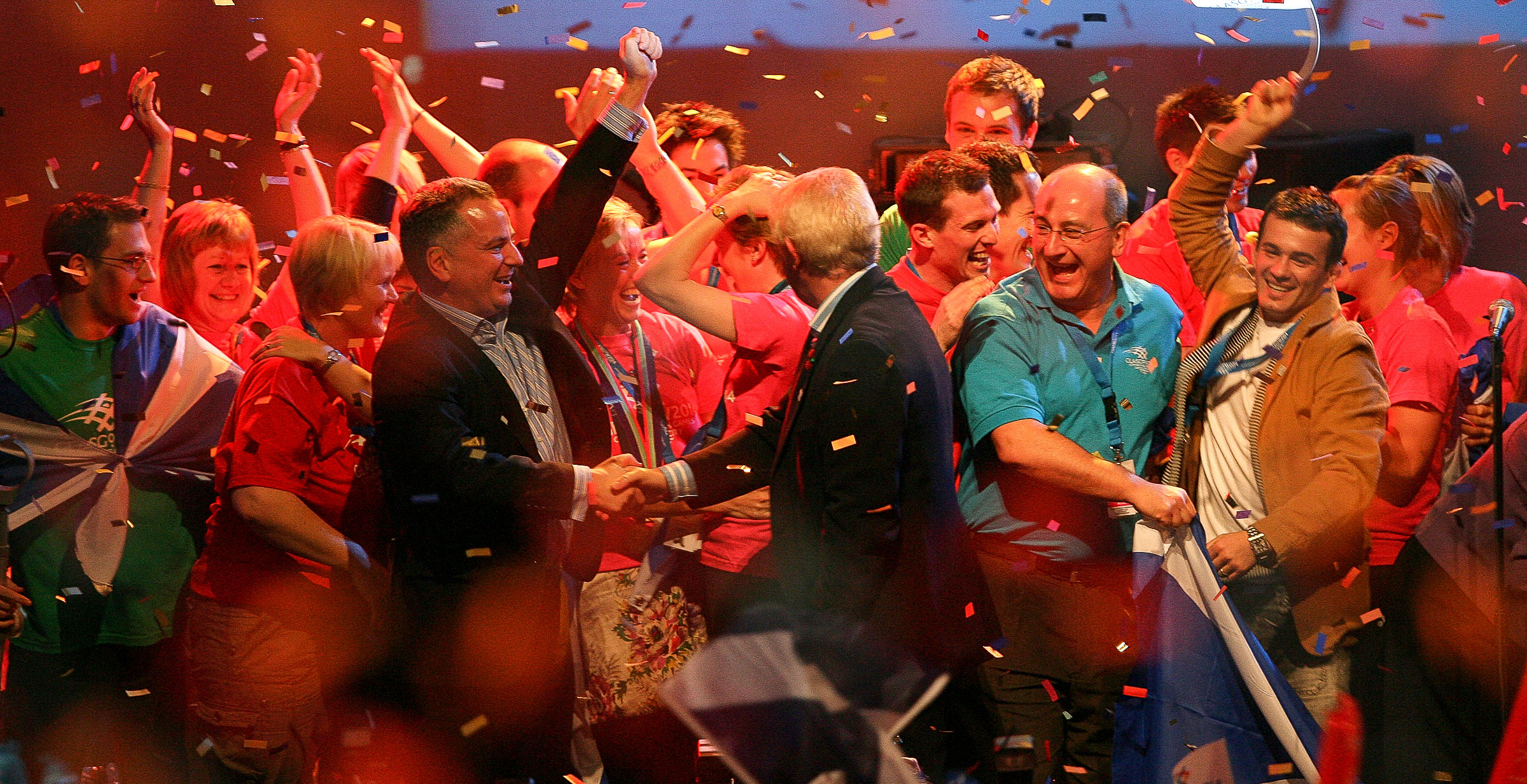We Could Do This Differently - A Mindful Approach to Referendums
We’re in a right mess now, aren’t we? Doubly so if, like me, you live in Scotland.
The EU referendum, like the one on Scottish independence before it, resulted in relatively narrow victories. UK to leave the EU, Scotland to stay part of the UK.
Because the votes were relatively close, the losing side on both occasions has not given up hope on changing the result in a future referendum on each subject. This has then polarised the feelings on the other sides.
Martin Stepek writes from the angle of mindfulness about the recent referendums Scots have undergone. And wonders if a more mindful way of thinking-through such process could lead to fairer outcomes for those who voted and the future generations who did not and could not vote, but have to live with the results.
In the absence of thought-through processes
I believe the main reason we have these ongoing problems over the results of these referendums, is an absence of thought-through processes. In other words, our government and its civil servants have not been mindful enough to look at the bigger picture on referendums. So here are some, hopefully, mindful thoughts on the subject. (Note: I have used the more commonly used word referendums rather than the original plural term referenda).
We usually only have referendums in the UK on major constitutional matters. That being so, they are explicitly important in that the result might change the very way we do democracy or politics or society in our country.
Deciding on important matters should have seriously considered processes. The two recent referendums didn’t have these. Consider what they were; the views of those who voted on a particular day. In other words a snapshot. Had the referendums been held the previous day or week, or the following day or week, the results might have been different. Surely most people would agree that, no matter how they voted, this is a deeply flawed way to decide on major long-term decisions.
I’m going to outline some processes I think would help make the decision-making process of referendums more acceptable to us all. If agreed they would become the accepted way we do these things in future. Thus although they wouldn’t resolve the two current constitutional clashes, they might help make future ones less fraught after the results come in. And who knows, they might even help the two existing problems, albeit in the long run.
PROPOSAL 1: GENERATIONAL RIGHT TO DECIDE
Major matters of constitutional contention should be voted on every 20 years. This would allow the average person to have four such votes in a lifetime. I think that’s reasonable. It’s not too many; it’s not too few. It is also what was initially mentioned in the Scottish referendum; a “once in a generation” opportunity.
PROPOSAL 2: RESOLVING THE “SNAPSHOT” ARGUMENT
If the result is close – I’d suggest less than 60% of the total votes cast – then no change would occur. Instead, this result would trigger a mechanism to have two more referendums on the identical wording 5 and then 10 years later, so that in total there would be three referendums on the subject in a decade.
This would allow for changes of mind over a reasonable time.
To obtain a definitive result a simple majority voting for the same result would be required in all three referendums. Otherwise, the default position would be the status quo.
It wouldn’t matter that the overall count of all three referendums' results in one side having more votes than another; it has to win all three, in order to make a robust claim that this result is “the settled will of the people”.
If however any one of the three votes achieve a majority of 60% or more, this suffices for the result to be implemented, and the additional referendums are cancelled. Only after 20 years will the subject be voted on again.
Of course, people can argue over the detail of these ideas but I think most of us can agree that it is important to create processes that people feel are fair and reasonable. ▢
“Major matters of constitutional contention should be voted on every 20 years. This would allow the average person to have four such votes in a lifetime. I think that’s reasonable. It’s not too many; it’s not too few. It is also what was initially mentioned in the Scottish referendum; a “once in a generation” opportunity.”
Martin Stepek is a member of the JONAA team in Scotland, a founding member of JONAA and sits on JONAA’s board. A Scot with Polish heritage, a Mindfulness teacher, poet, published author, columnist on Mindfulness (Ten for Zen and the Sunday Herald) and the Chief Executive of the Scottish Family Business Association.
















